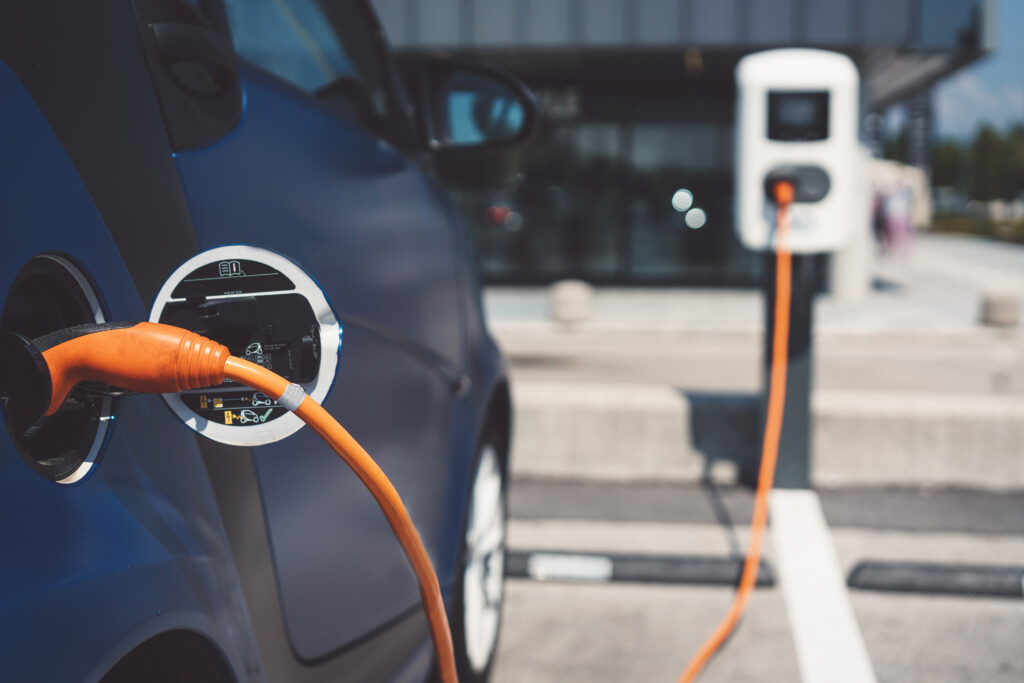Advising policymakers
The Autorité also plays a full role in informing the government and parliament during the development and implementation of public policies, and in promoting the principles of competition for the benefit of consumers.
As part of its advisory remit, it issues opinions on draft legislation envisaged by the policymakers, but can also conduct sector-specific inquiries on its own initiative. Some of these may lead it to identify untapped growth potential or malfunctions and to propose reforms, sometimes with a direct impact on French purchasing power (liberalisation of the coach market, recommendations concerning the hearing aid market, etc.).
Measures to bring down the price of car parts
For example, in 2012, the Autorité recommended the gradual and controlled lifting of the manufacturers’ monopoly on visible spare parts to bring down the price of these parts while ensuring the more efficient operation of the sector (Opinion 12-A-21 of 8 October 2012).
Its recommendations gained ground, eventually convincing the government to initiate reform. Since 1 January 20233, garages and body shops have no longer been obliged to buy headlights, body parts, mirrors, windows and windscreens from the manufacturers. This opening up to competition should lower motorists’ bills in more ways than one, since according to Mathieu Séguran, general delegate of the French Motor Distribution Federation (Fédération de la distribution automobile), “spare parts that are not made by manufacturers can be between 15% and 30% cheaper on average”4.
Another positive effect for consumers is that lower costs for spare parts could have an impact on the financial situation of insurance companies, thus lowering insurance premiums.
Containing soaring electricity prices
The Autorité ‘s advisory missions may also lead it to support the policymakers in developing responses to crisis situations. In February 2022, the French government referred to the Autorité, asking it to take an urgent look at the planned framework for dealing with rising electricity prices (draft decree and orders aimed at temporarily modifying the regulated access mechanism for historical nuclear electricity in order to contain the rise in regulated tariffs (TRV)).
The Autorité considered that the framework met a short-term objective justified by the unprecedented crisis in electricity prices, and recommended that control measures be stepped up to ensure that this exceptional framework would actually benefit consumers, and that consideration be given to the future implementation of more targeted measures to protect, just as effectively if not more effectively, those customers most severely exposed to the crisis, including the most vulnerable groups, such as the elderly, low-income households and electricity-intensive businesses (Opinion 22-A-03 of 25 February 2022).





